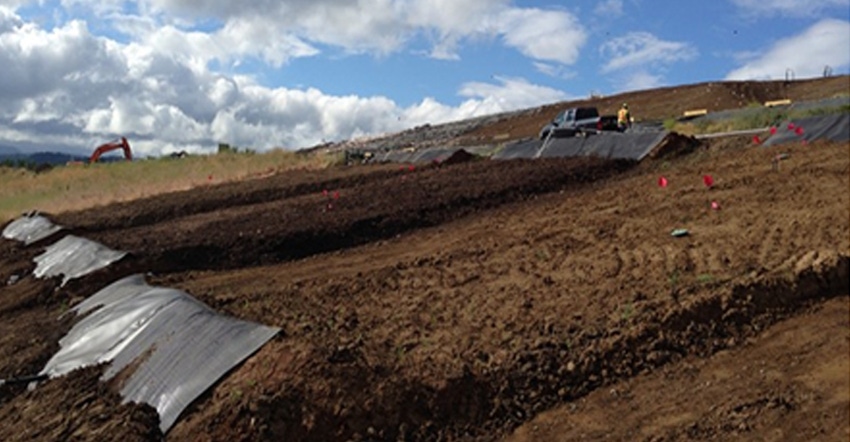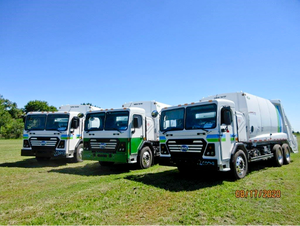Duke Energy Extends Methane Monitoring with Funding from U.S. Deparment of Energy
Duke Energy has secured a significant funding boost of nearly $1 million for its Integrated Methane Monitoring Platform Extension project. The funding comes from the U.S. Department of Energy's Office of Fossil Energy and Carbon Management.

Duke Energy has secured a significant funding boost of nearly $1 million for its Integrated Methane Monitoring Platform Extension project.
The funding comes from the U.S. Department of Energy's Office of Fossil Energy and Carbon Management.
"Collaboration with our downstream customers like Duke Energy is crucial to advance the use of technology and to create opportunities to reduce emissions throughout the entire natural gas supply chain," said Chad Zamarin, executive vice president of corporate strategic development at Williams, in a statement. "As an industry, it's critical that energy suppliers, customers and academics work together to share information and develop best practices to measure and reduce emissions, ultimately making certified low-carbon gas available to consumers."
Duke Energy has achieved a reduction of more than 85 percent in recordable leaks since the start of 2022.
At the core of Duke's efforts is astate-of-the-art methane-monitoring platform that utilizes satellites, sensors and cutting-edge technologies to identify leaks and gauge real-time methane emissions across natural gas distribution systems. The newly funded project is poised to expand these capabilities to encompass interstate and customer-owned natural gas assets.
A key facet of this endeavor is establishing a standardized framework for quantifying and measuring methane emissions. This framework is designed to encompass not only distribution systems but also upstream components, ranging from midstream transmission and storage to upstream production and gathering facilities.
The project is set to commence in North Carolina later this year, incorporating a multidisciplinary approach that leverages academic insights, digital technologies, advanced cloud computing, and data science to analyze methane emissions data.
The scope includes piloting measurement technologies like satellites, unmanned aerial vehicles, and aerial light detection and ranging to detect and quantify methane emissions. Additionally, continuous methane-monitoring technologies will be tested on local distribution and midstream natural gas assets using monitoring sensors, gas cloud imaging cameras, and portable gas-sensing analyzers. The resulting data will inform the development of an Integrated Methane Monitoring Platform.
This aids Duke Energy's environmental goals for its natural gas operations - to encompass achieving net-zero methane emissions by 2030 (Scope 1 emissions) and net-zero emissions by 2050 for natural gas purchased upstream and sold downstream (Scope 3 emissions).
The company is actively reducing methane leaks within its system, collaborating with upstream suppliers on emission reduction and promoting renewable natural gas (RNG) and carbon offset purchases among customers.
Source: Duke Energy
About the Author(s)
You May Also Like


